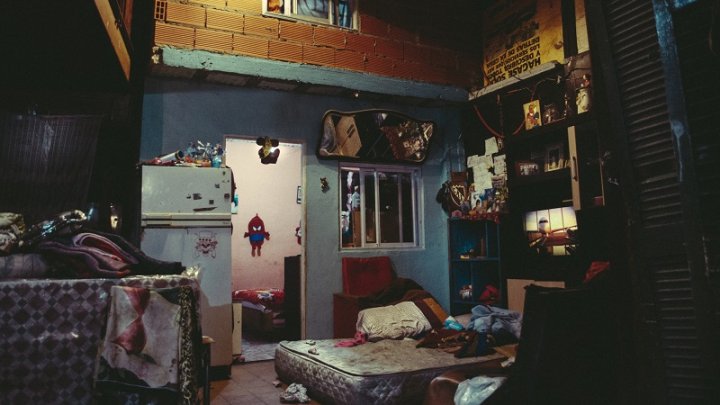
The Living Conditions Survey of the INDEC of the first half of 2025 reveals the deep social debt in urban areas: the 46,2% of households (4.7 million) lack complete access to agua, gas o sewers. In parallel, more than a million people reside in critical overcrowding situation (more than three people per room).
The report highlights that, although network expansions have been carried out in different regions in recent years, effective access remains unequal and depends on both the availability of infrastructure and the economic possibilities of households to connect.
Access to gas natural : he 65,7% of homes are connected to the home network, while the 34,3% does not have that service and uses jugs or other sourceswhich implies higher costs and less stability of supply. As for the sewage drainshe 73.1% of households has network connectionwhile the 26.9% use septic chambers, blind wells o alternative methods.
Regarding the quality of the housing, the 81,5% of households reside in homes with materials considered to be of sufficient quality. Furthermore, the 12,8% lives in housing with partially insufficient quality and 5,7% in homes with insufficient materials. This indicator mainly evaluates the materials used in floors, walls and ceilings, as well as the capacity of these elements to adequately protect inhabitants against climatic and environmental conditions.
The report indicates that 1.8% of homes are in a situation of critical overcrowding, which according to INDEC are homes in which more than three people live per room, reaches 3.4% of people in 186,000 homes and 1,016,000 inhabitants, in the 31 agglomerations covered by the statistical survey.
The urban environment also influences the quality of daily life of families. He 5,1% of homes are located less than three blocks of garbage dumpswhich can generate problems with contamination, odors and the presence of insects or rodents. Furthermore, the 9% of homes is located in flood-prone areas and has experienced at least one flooding episode in the last twelve months, which affects both the habitability and safety of the homes.

While working families and the sectors hardest hit by this economic crisis live in these conditions, the union leaders (CGT y CTA) look the other way, becoming complicit in this disaster.
We need an emergency increase in salaries, pensions and social plans. The minimum wage must reach what it costs to live in decent conditions and rise every month due to inflation, and the retirement must cover the basic basket of the retiree.
They say there is no money, but we see that it is a lie: the money exists, the people take it great businessmen and the FMIthe same ones who seek reform labor law to continue worsening our rights even more.
The labor reform we needis one that contains a true public works plan controlled by workers, so that, through the distribution of working hours between employed people – who work 10 or 12 hours to make ends meet – and unemployed people, it can be solve the problem of lack of employment and of a decent roof to live in, in a healthy environment.
The microdata bases of the Permanent Household Survey are now available (#EPH) to the 2nd quarter of 2025 https://t.co/pGwF1gnQRL pic.twitter.com/0Zn5ngjYir
— INDEC Argentina (@INDECArgentina) November 5, 2025
Source: www.laizquierdadiario.com

